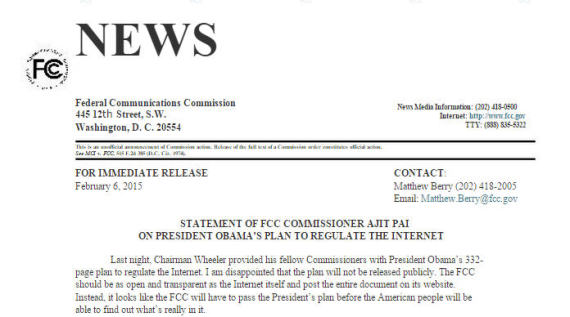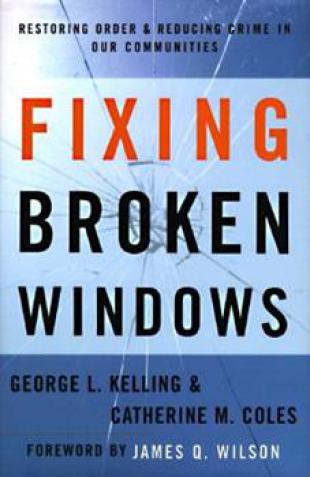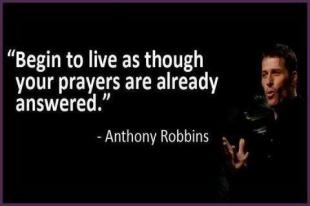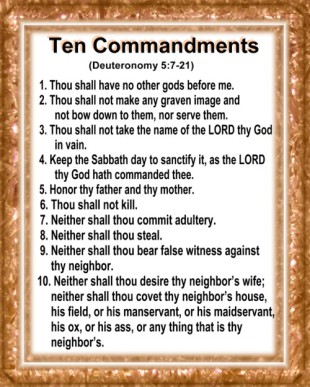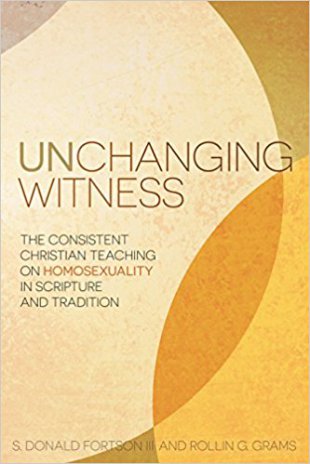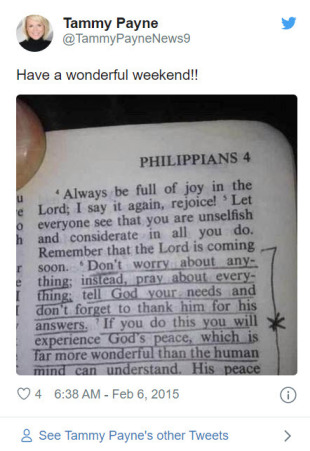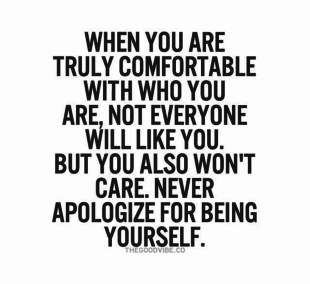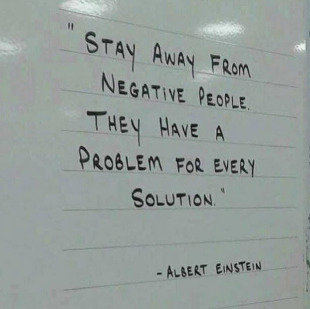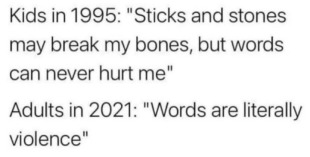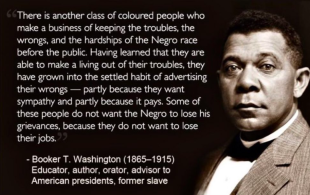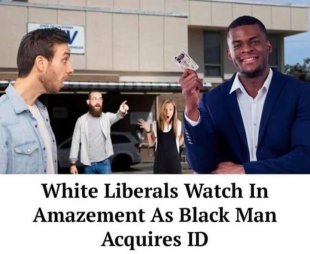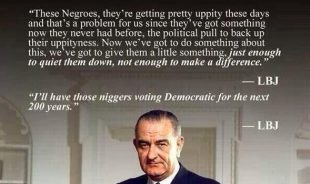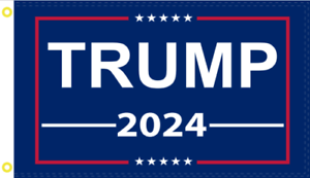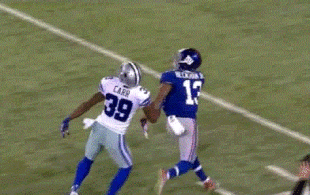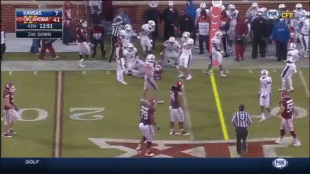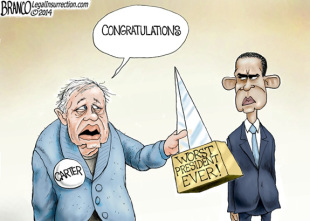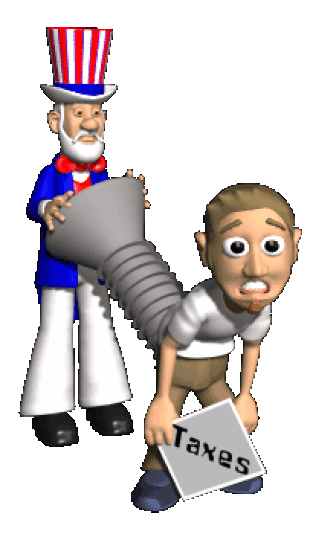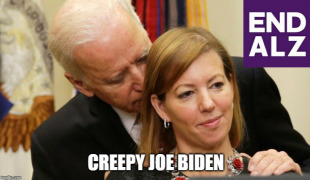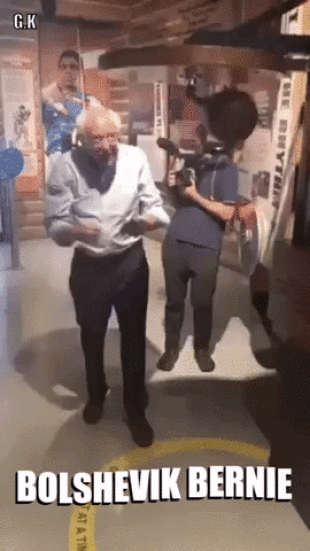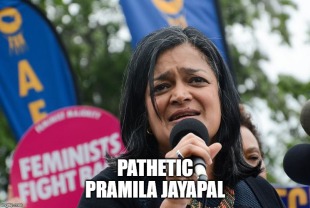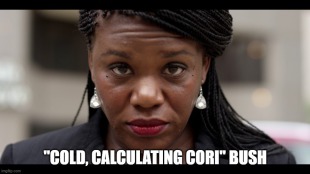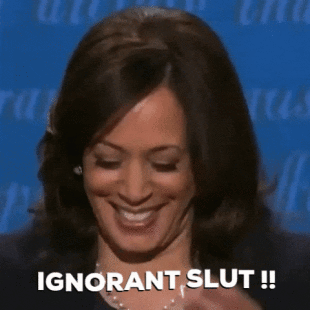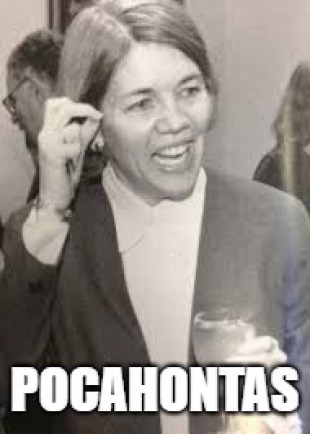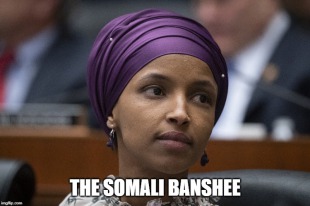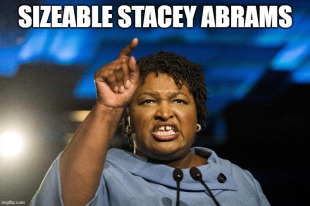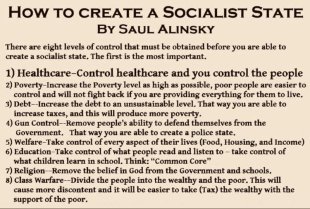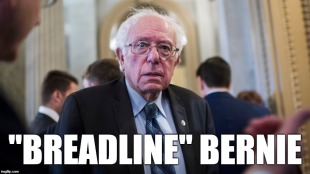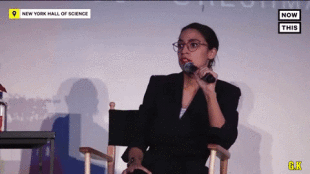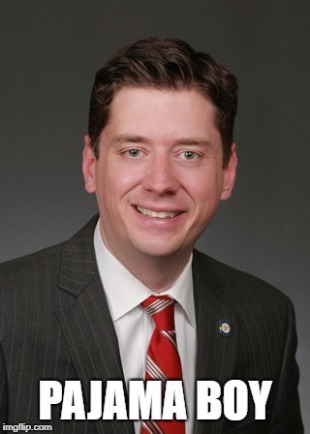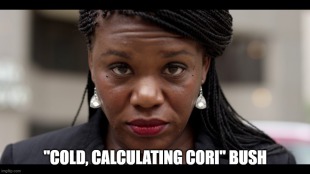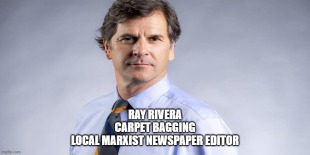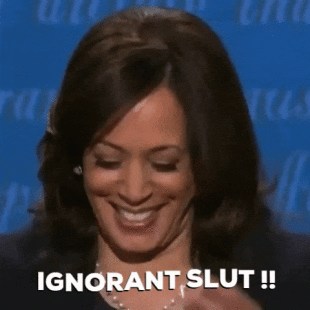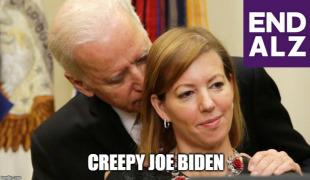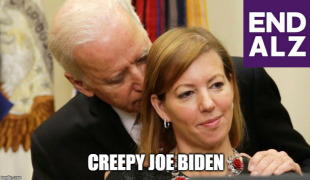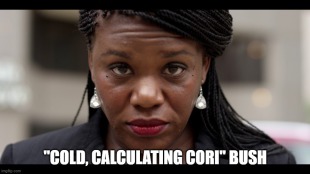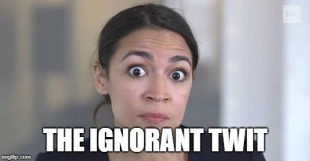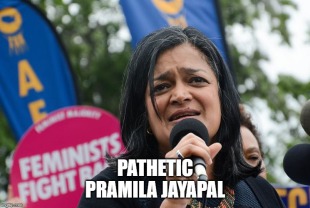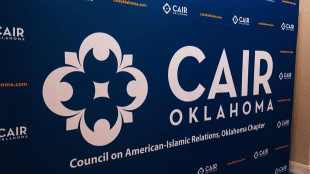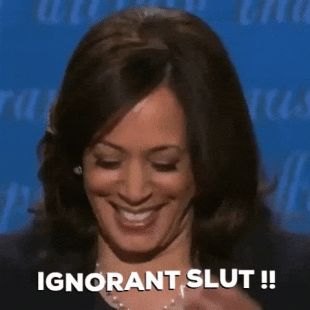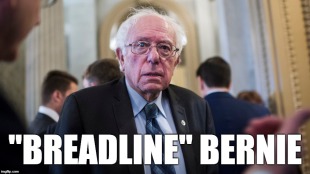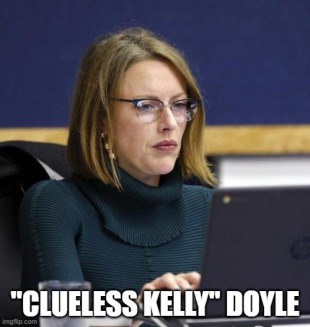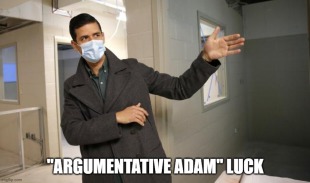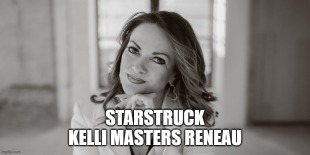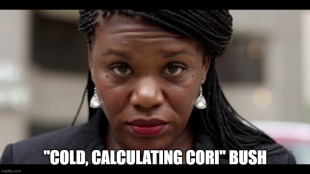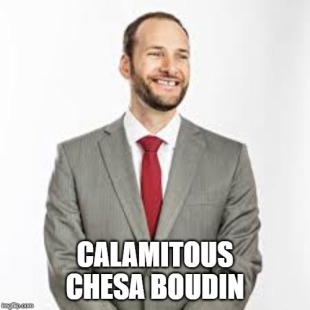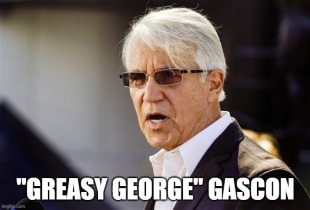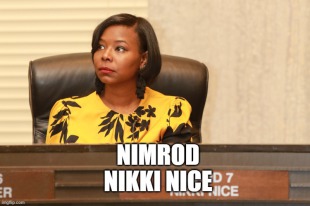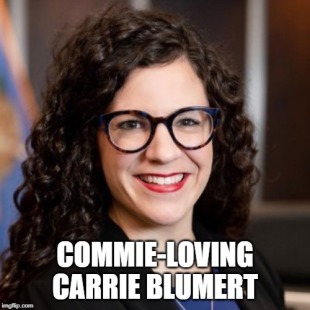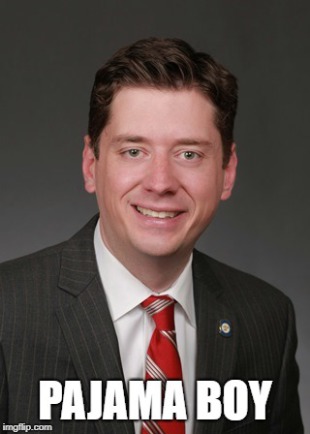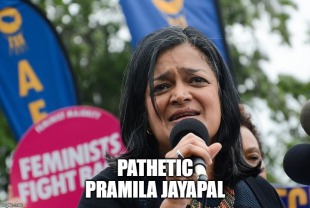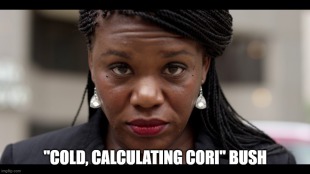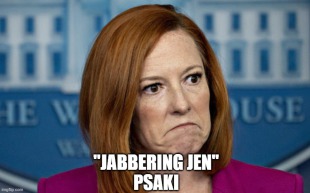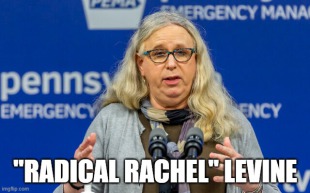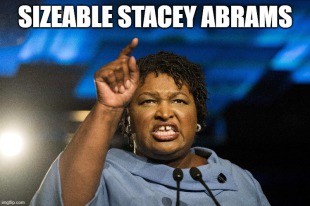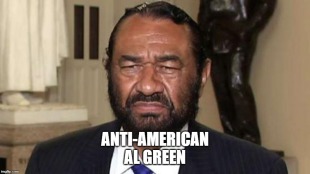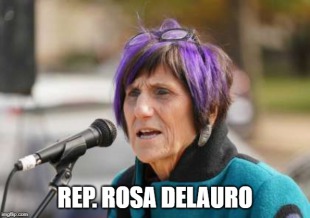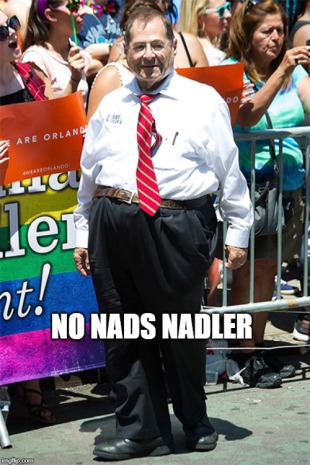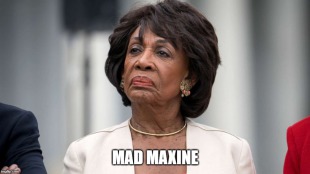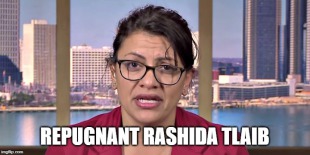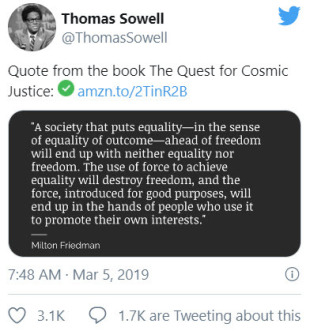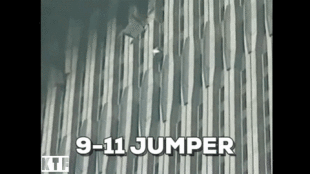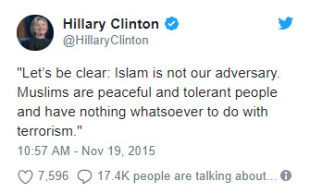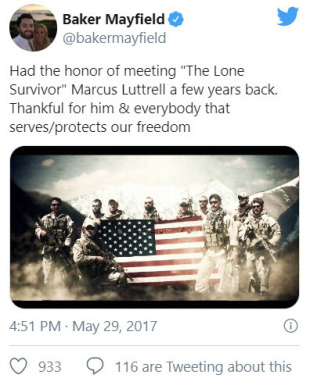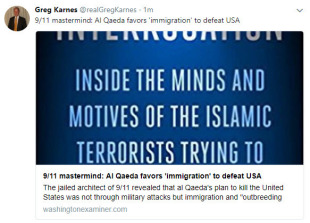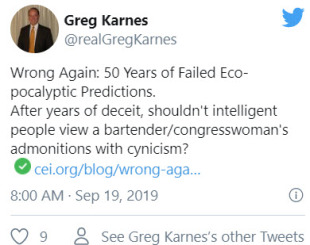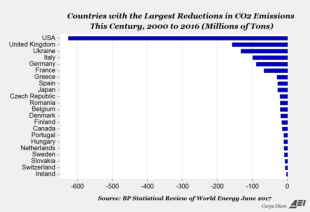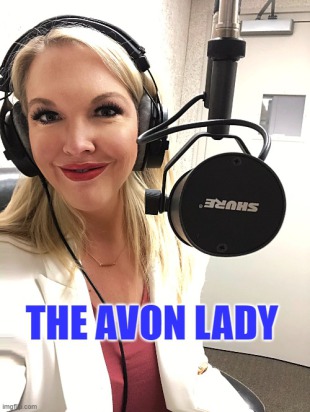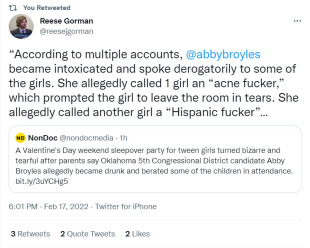August 13, 2015
Challenging the FCC’s Unlawful Open Internet Order (From Free State Foundation - Justin (Gus) Hurwitz)
The Federal Communications Commission’s Open Internet Order would expand the FCC’s authority far beyond what the Communications Act permits. The FCC is asserting a massive expansion of its regulatory authority to encompass basically the entirety of the Internet. The Commission has created a “Frankenorder” that bears no resemblance to Congressional intent. These were, of course, some of Verizon’s central arguments in its challenge to the FCC’s previous iteration of the Order. And in that case they were losing arguments, rejected by the DC Circuit. But recent Supreme Court decisions have strengthened the precedent on which Verizon had relied, and the Commission has doubled down on its claims of authority, claiming both more broadly and aggressively than it had before.
June 03, 2015
Saving Internet Freedom
This Heritage Foundation Special Report details how to protect individuals, consumers, and national interests, while saving the Internet from falling prey to overzealous regulators or regimes and groups determined to limit free speech. This includes protecting consumers from new net neutrality regulations, increased internet governance by the federal government, e-mail digital privacy, preventing undue taxation of internet commerce, and striking a balance between copyright restrictions and internet sharing.
April 18, 2015
How to Break the Internet
The biggest threat to the Net isn't cable companies. It's government.
March 26, 2015
Regulating Net Neutrality: Who Will the FCC Really “Protect”?
The Federal Communications Commission’s (FCC) new net neutrality rules are justified by the Commission as necessary to protect an “open Internet” for small, innovative content providers. However, the vague nature of the rules surely provides the opportunity for intense political lobbying as they are implemented in a rapidly-changing market environment. Deregulation has served consumers will in the communications sector. Given the massive economic stakes involved, future arguments over the meaning of the new Title II regulations will stimulate a major increase in litigation and Washington lobbying.
Adobe Acrobat document [220.7 KB]
March 12, 2015
Here are all 400 pages of the FCC’s net neutrality rules
February 25, 2015
Is the FCC lawless?
Adobe Acrobat document [513.9 KB]
February 24, 2015
Watch Mark Cuban’s Surgical Takedown of Net Neutrality — And Why He Says Everyone Should ‘Hack Themselves’
February 20, 2015
Regulating the Most Powerful Network Ever
The Federal Communications Commission (FCC) has embarked on one of the most aggressive expansions of authority of any agency in our nation’s history. Clothing its efforts in the statutory ambiguity of the Communications Act’s dated and circular definitions and taking comfort in the opinions from the Judge in Brand-X does not change this fact. As FCC Chairman Wheeler has made clear, the Internet is different in kind (in scale, scope, and nature) from what the FCC was granted authority to regulate. In giving the FCC authority in 1934 to regulate the telephone monopoly, and again in 1996 to unwind and eventually deregulate that monopoly, Congress did not give the FCC authority to regulate the Internet.
Adobe Acrobat document [285.2 KB]
February 20, 2015
Regulation Won’t Preserve a Dynamic and “Open” Internet
Why would the Federal Communications Commission (FCC) believe that by regulating broadband providers in the name of preserving “network neutrality” would benefit consumers? Answer: it will prevent the Internet service distributors from discriminating against nascent upstream innovators and protect the “Open Internet”. But, for more than three decades, innovation and entry in this sector have occurred because the FCC has been forced to relinquish its regulatory grip. The market suggests that discrimination may not even be profitable for Internet service providers, and the FCC is about to adopt its new net neutrality rules without significant evidence that there is a problem to address. The history of FCC regulation demonstrates convincingly that the agency should wait until marketplace evidence provides a different conclusion. It could be a long wait.
Adobe Acrobat document [210.2 KB]
February 18, 2015
Billionaire Mark Cuban Says Net Neutrality Will ‘F*ck Everything Up’
February 9, 2015
Senator Blasts Net Neutrality as the Creation of a ‘Department of the Internet’
February 6, 2015
Adobe Acrobat document [97.6 KB]
February 4, 2015
The Bad Argument Behind the FCC’s Move to Regulate the Internet Like a Utility
Chairman Tom Wheeler's Title II plan is a bow to political pressure.
January 30, 2015
Net Neutrality: Internet Regulation Debate Far from Over
Barring any unforeseen developments, the Federal Communications Commission (FCC) is inexorably moving toward adopting rules restricting the activities of Internet Service Providers. But the February 26 vote will not be the end of this long-running debate. Even without a bipartisan compromise, the FCC’s action can still be largely blocked by appropriations rider in Congress, and by a nearly certain court challenge. This issue is far from settled.
Adobe Acrobat document [88.9 KB]
December 18, 2014
Eight Myths About FCC Regulation of the Internet
Proposed FCC regulation of the Internet, widely called “net neutrality” regulation, is as misunderstood as it is dangerous to the digital revolution and the U.S. economy. Rather than a long-standing set of rules that have protected innovators, net neutrality is a recently articulated idea that threatens innovation. Rather than a tool to introduce competition in a monopoly market, it would discourage competition in what is now a dynamic marketplace. These and other misconceptions obscure the lack of a compelling case for FCC regulation, and the dangers to Americans that such regulation would pose.
Adobe Acrobat document [155.0 KB]
November 25,2014
Beyond Hypothetical: How FCC Internet Regulation Would Hurt Consumers
Adobe Acrobat document [156.7 KB]
November 22, 2014
Price Discrimination Can Make the Internet Work Better
To see the problem with President Obama’s promotion of the idea of Network Neutrality, note that it attempts to outlaw practices—namely tiered services—that are normal in most other markets that are highly competitive and serve consumers very well.
Adobe Acrobat document [151.5 KB]
November 17, 2014
Ted Cruz to Obama: Don’t Mess with the Internet
November 8, 2012
The Fallacy of Net Neutrality: Thomas Hazlett on the FCC & Consumer Protection


